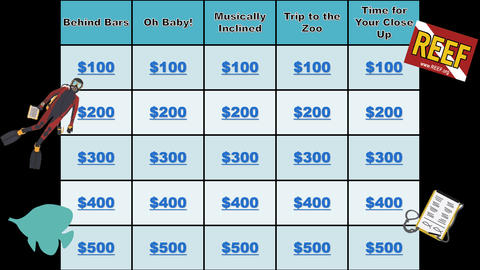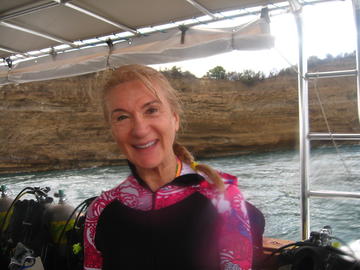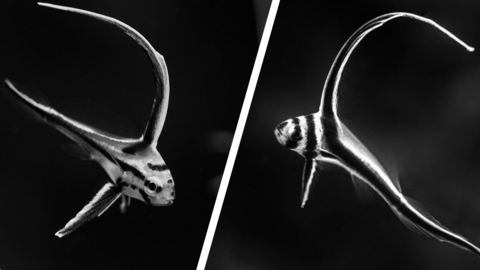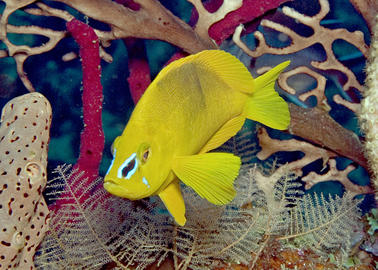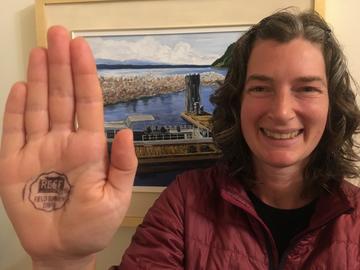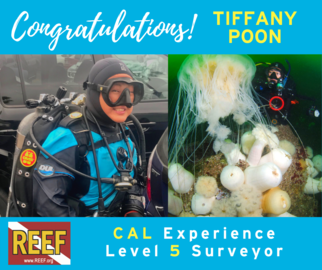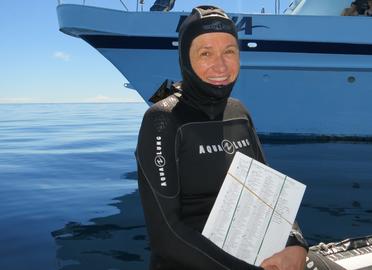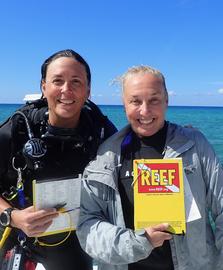REEF's online programs are free and open to everyone! Here's what is coming up over the next several weeks:
Fishy Hour: Tropical Western Atlantic Fish Jeopardy
Tuesday, May 18 at 8pm EDT
Hang out with your fellow fish geeks as we play a Jeopardy-style trivia game about Tropical Western Atlantic fishes, hosted by the always entertaining Christy and Brice Semmens.
Register here.

